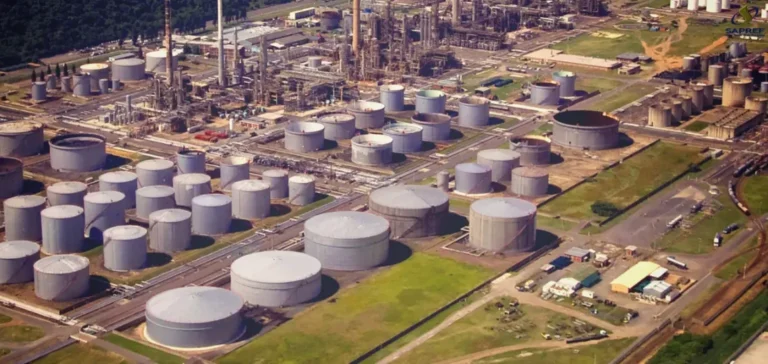The Central Energy Fund (CEF), the South African public fund responsible for managing the state’s energy assets, has formally acquired the Sapref refinery, which has a capacity of 180,000 barrels per day. The shutdown of the facility since 2022 has increased the country’s dependence on petroleum imports. The acquisition, completed for a symbolic price of one South African rand, comes while the facility has remained closed for three years and no industrial or financial restart strategy has been published.
Restart costs and budget uncertainties
Shell and BP, former owners of the refinery, have agreed to pay around ZAR286mn ($15.4mn) to cover operational costs for the first year after the takeover. However, no contractual obligation ties them to future spending, including for site decontamination or dismantling. According to sources close to the matter cited by Agence Ecofin on July 10, reviving Sapref could require up to $1bn, while the full extent of closure-related liabilities remains unknown. To date, South African authorities have not disclosed any official figures concerning these financial commitments.
Lack of timeline and return-on-investment assessment
No timeline for restarting operations has been announced by the CEF, which has also not published any estimate of return on investment or a precise financing plan. Environmental and regulatory liabilities, including the dismantling of facilities and waste management, remain publicly unassessed. These potential expenses are not reflected in the fund’s latest financial statements or its official strategic guidelines.
National strategy and growing dependence
The Ministry of Finance has not confirmed whether the acquisition will result in a recapitalisation or a specific budgetary support measure to cover additional costs. The government justifies the move as necessary to reduce national dependence on imported petroleum products, which now account for around 65% of domestic demand, and to control public spending on fuel subsidies, estimated at $7.5bn in 2023.
Questions about technical and economic feasibility
While the CEF mentions the possibility of increasing Sapref’s capacity to 600,000 barrels per day, no technical or financial details have been made public to clarify the viability of this goal. Questions persist regarding the budgetary impact of the operation and the medium-term industrial strategy for South Africa’s oil sector.






















